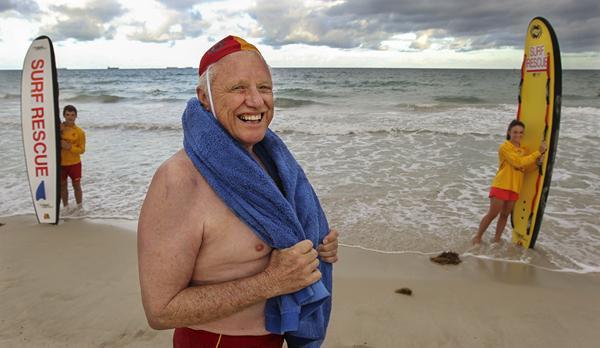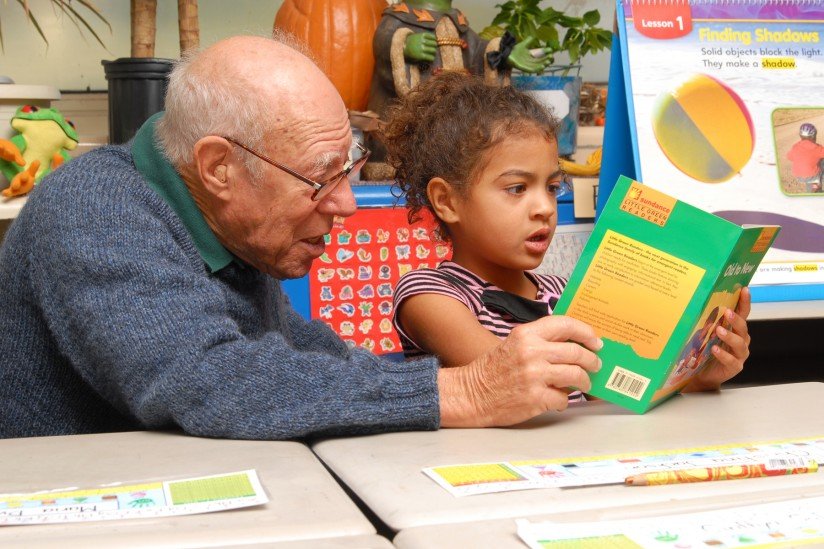One of the great popular divides between people is to establish whether they see the glass as half full or half empty: are they optimists or pessimists?
Another, that seems to grow in intensity as the possibility of retirement draws nearer, is the difference between those who see work (where it is narrowly defined as paid employment) as giving life purpose and meaning, and those who see getting the most out of life as being its purpose and meaning. For the former, retirement is a bleak spectre, the end of the road to fulfilment, and therefore to be feared; and for the latter it opens up a cornucopia of opportunities through the gift of more free time, and is a bright shining light at the end of the tunnel of a working life (however satisfying, or not, it has been).
The problem with both of these divides is that they are drawn from people’s personalities and are – therefore – deep-seated and not very amenable to change. My partner and I, for example, are on completely opposite sides of the divide on retirement, and our discussions about it are therefore long and always totally unresolved. And while both views should be equally respected, the greater problem for those who dread retirement is that at some point, nonetheless, that is the likely outcome to a working life. And then, it’s those who don’t fear it who are more likely to have an easier time of adjusting to that.
The contrasting attitudes are neatly summed up by two 80 something men interviewed at different times in The Australian. At 81 years of age, one time ABC gardening guru Peter Cundall was adamant that he was never going to retire. As he put it, “No, no, no – come on, you’ve met retired old geezers and they’re all boring! I’ll never be one of them. They don’t know what to do with their time. I do.”
This was certainly not how 82-year-old former surgeon, Dr Donald Beard saw it. While he didn’t have any plans to retire, it seemed to happen somewhat spontaneously: “One day I went to work and the next day I didn’t. I worked until I was 80…I didn’t feel any great need to retire, even at that age, but I did. I guess I thought, ‘Well, maybe I could have more time to do those things I wanted to.’ Now the day is full of writing, reading, gardening, music, history, the theatre – and I’m about to start a course of lectures at the University of the Third Age.….and I now play bowls; I hadn’t realised what excitement you can get out of bowls, and you meet a lot of wonderful people.”
Nonetheless, in practical terms, not even a positive attitude is enough, on its own, to ensure the best outcomes for one’s years of retirement. Essentially, however one approaches it – fearfully or with open arms – what is needed well in advance to deal with the diverse elements of managing the final stages of one’s life, is a ‘retirement plan’. Not surprisingly, though, if this phrase is googled, the majority of items that come up are provided by financial institutions of one sort or another.
Of course, being able to fund the sort of life you would hope to be able to lead is important. But it is by no means the whole story, and adding the word ‘lifestyle’ to the search can help with the broader questions of how to work out what sort of a life you would realistically hope to lead, and in which being realistically able to finance that is just one element of the whole picture.
And among the many sites that came up with this wider search, I found four that were particularly useful in different ways. The most comprehensive document was produced by the Queensland Government. It is called A guide to retiring: planning your lifestyle. This is an extremely well organised booklet filled with useful information, and shows that the best laid plans can start well in advance. It does this through a planning checklist with a time line that goes from 20 years to three months before retirement, outlining the stages in considering five key issues: financial plans, work/life, work skills, retirement expectations, retirement lifestyle, and estate planning.
The other chapters cover a number of more focused considerations that need to be addressed, ranging from the burning question of whether or not to aim to continue in some sort of work (as previously defined), on to other lifestyle options as well as working on health and wellbeing, and on some of the specifics of money and legal matters. Each of these areas is accompanied by an extremely valuable list of resources that can be accessed to help provide answers, support, and new avenues to interesting retirement activities. Some of these resources are national, and others are Queensland-based, but all of them are useful suggestions for the sorts of facilities that can be searched for by people living out of Queensland, or Australia.
The second site is an American one for baby boomers, which provides a pithy overview of a number of practical questions that one can ask oneself about the non-financial aspects of retirement lifestyle planning, to help “enjoy life after retirement”. The site briefly presents issues relevant to each of the following areas:
- Is work-life balance something you want to maintain in retirement?
- How can you manage the consequences of increasing life expectancy, both in terms of more years of retirement living, and the increasing prospects of being part of the “sandwich” generation with its potential responsibilities for both parents and grandchildren?
- How do you want to spend your time?
- Where do you want to live?
- In what type of home do you want to live?
- Do you want to travel and expand your knowledge?
- What new skills do you want to learn?
- What can you do to keep alert and healthy?
The third site comes from the University of Utah alumni, who have taken a monetary approach to future retirement goals, by providing a lifestyle workbook that focuses on the benefits of estimating the potential costs of each of a number of specified goals (which any individual can add to or change, to cover other options). They have included educational expenses (for children, or grandchildren, or oneself), travel, car, major purchases, health care, and new home.
Last but not least, from the Canadian Retirement Life Centre comes a more philosophical perspective on “a successful lifestyle planning, through “the Eight Keys” which – it is suggested – you should think about as you create your “picture of your retirement life [in order to] give you a structure and foundation to build your plans.”
- Having a positive attitude towards your future;
- A clear vision of the kind of life that you want;
- A healthy approach to mental and physical ageing;
- A positive definition of “Work” (which, it is relevant to note here, is expanded to include volunteering and other non-income generating activities);
- Nurturing family and personal relationships;
- An active social network;
- A balanced approach to leisure; and
- Maintaining financial comfort, including the concept of three “buckets”
- An “essential” one, for all the basic needs;
- A “lifestyle” one, to fund the fun things; and
- A “nest egg”, for emergencies and a sense of security, and as part of your legacy.
The critical factor underlying the Eight Keys plan is summed up by a quote that heads its presentation, and states that “While there are lots of books available on retirement, the only book that really matters is the one that you write yourself.” In other words, whatever happened before, this next phase of your life can be about living the kind of life that you design for yourself.
And it is never too early, or too late, to start writing your own book about that.



